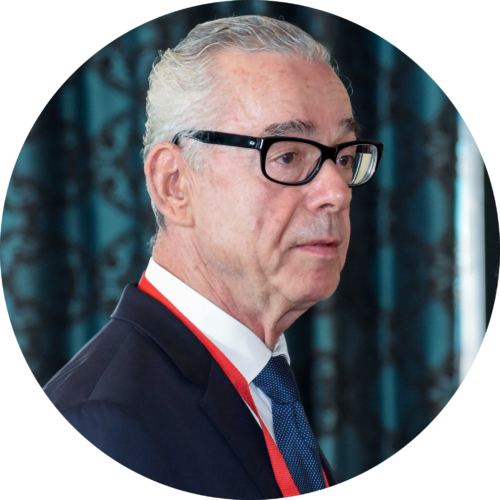High quality, non-interventional comparative effectiveness in neurorehabilitation - new pathways for observational trials within the framework of evidence-based medicine
Johannes Vester, President of the Academy for Multidisciplinary Neurotraumatology, Associate Professor, Department of Neuroscience, “Iuliu Hatieganu” University of Medicine and Pharmacy, Cluj-Napoca, Romania
While there is growing demand for information about comparative effectiveness (CE), there is substantial debate about whether and when observational studies have sufficient quality to support decision making.
Recent calls for using the full range of high-quality comparative effectiveness (CE) research to inform decisions about medical diagnostics and interventions have brought forth a spate of consensus offerings about recognizing quality in observational CE studies and meta-analysis.
An important milestone has been achieved by implementing the GRACE Principles for High-Quality Observational Studies of Comparative Effectiveness. This important guidance provides a hierarchy of evidence for observational research on comparative effectiveness that can be used by decision-makers, as well as key elements of good practice including defining research questions and methods a priori; collecting valid, clinically relevant data; analyzing, interpreting and reporting data, including sensitivity analyses and alternative explanations for findings; and conducting these studies in accordance with accepted good practices.
Current perspectives of evidence-based medicine, classic and modern approaches to comparative effectiveness research, future pathways to improve the quality of CE trials, are discussed with examples from different fields of neurorehabilitation.
Short Bio
Born, 1952, he specialized in Veterinary Medicine between 1971 and 1974 at the University in Munich, then changed to the University in Cologne in 1974 and specialized in Human Medicine from 1974 to 1980. In 1976 to 1979, he additionally completed the curriculum on biostatistics for pharmacology and clinical research at the Institute for Data Analysis and Study Planning in Munich.
While studying human medicine, he completed research work on pattern recognition in the visual brain and developed a pharmacodynamic Neuron Simulation Model at the Institute for Medical Documentation and Statistics of the University at Cologne.
Since 1982 he holds > 100 advanced training courses on biometry for professionals in clinical research as well as teaching courses for universitary institutions and international societies.
From 1985 to 1995, he was member of the Ultrahigh Dexamethasone Head Injury Study Group and the leading biometrician of the German GUDHIS trial in Traumatic Brain Injury.
Since 1995 he is Senior Consultant for Biometry & Clinical Research at the Institute for Data Analysis and Study Planning (IDV). He planned and evaluated about 150 randomized clinical studies worldwide and is member of various international Advisory Boards and Steering Committees including participation as biometric expert in regulatory authority panels, in FDA, EMA, and BfArM hearings, and in workshops of the International Biometric Society (IBS).
Statistical peer reviewer for leading medical journals such as Stroke (American Heart Association).
Since 2013 Statistical Expert and Elected Member of the International Scientific Committee of the Society for the Study of Neuroprotection and Neuroplasticity (SSNN).
Since 2013 Statistical Expert and Elected Member of the World Academy for Multidisciplinary Neurotraumatology (AMN).
Since 2015 Member of the PhD Neuroscience International Faculty, “Iuliu Hatieganu” University of Medicine and Pharmacy, Cluj-Napoca, Romania.
Since 2017 Invited Associate Professor, Department of Neuroscience, “Iuliu Hatieganu” University of Medicine and Pharmacy, Cluj-Napoca, Romania.
Since 2018 Co-Chair EAN Guideline Task Force Neurorehabilitation.
Since 2018 Head Biometry & Clinical Research at the Institute for Data Analysis and Study Planning (IDV).
Since 2018 President of the Academy for Multidisciplinary Neurotraumatology (AMN).

